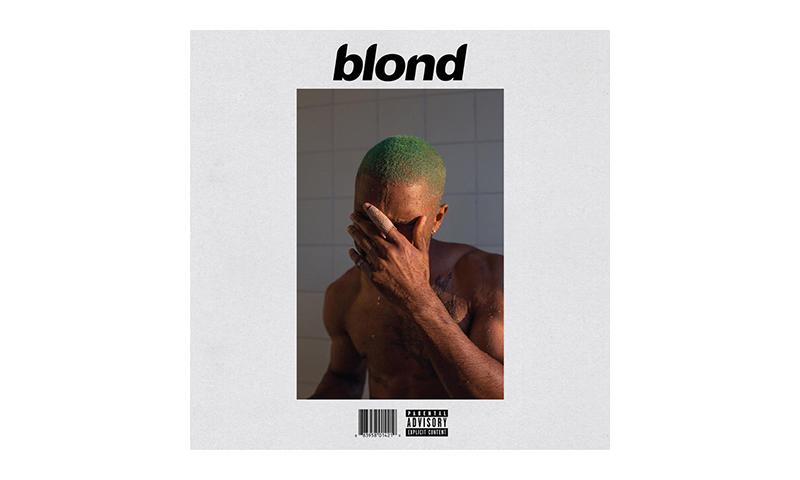Blonde – Frank Ocean
7/10
September 26, 2016
We’ve been thinking ‘bout you, Frank. Long Beach singer and rapper Frank Ocean had a huge wave to follow after the critical and commercial success of his 2012 debut, full length, Channel Orange. The hype for a follow up built substantially in the years following, only fueled by Ocean’s cryptic hints and red herrings, often misleading his fans. The release of Blonde (stylized blond) came at relatively short notice and has initially been absent from popular streaming services like Spotify, netting Ocean just over $1.5 million in the first week alone. Blonde is a near perfect model of the promotion and release of music in 2016. Social media played an immeasurable role in the hype surrounding Ocean’s second LP, even hoisting the singer, his debut, and rumored follow up to meme-status. Where are you Frank? Blonde was supposed to find the precise coordinates but a few too many underdeveloped songs and a lack of strong direction or conviction throughout the album leaves us a bit lost still.
Opening track Nikes takes us through the first five minutes of the album with comments on contemporary consumerism, love, and racial injustice. The pitch shifted vocals comment on Ocean’s idea of overproduced popular music and culture. It’s not until the three minute mark that Ocean’s recognizably smooth and agile baritone waltzes into the picture to close out the last half of the song, but from there it just meanders around. Ivy, a snapshot of young love is told mostly through Ocean’s internal monologue and lacks any instruments besides vocals and a guitar run through a chorus filter. This is where the album starts to sound more recognizably Frank. It’s an honest account of reckless love. The lack of drums is a common occurrence in Blond; only five of the tracks feature a drum beat. Another five of the songs are under two minutes and function more like interludes. The tracklist contains 17 songs but the album only features 12 actual songs, some of which are more like sketches or ideas rather than completed pieces. The voicemail style interlude Be Yourself is Frank’s reference to his open bisexuality, a relevant theme in Channel Orange that now carries less weight on the follow up. Solo is a cocky and sensual slow jammer about finding some time alone with someone you love, despite the civil unrest in America and throughout the world. It’s also one of Ocean’s most notable vocal performances on the album.
The highlight of the album is White Ferrari, a four minute vignette of a couple’s ride down a stretch of road as they share existential musings of life, death, and love. It contains a gorgeous interlude at the song’s midpoint; Ocean hails the coming of the song’s bridge with the mournful wail of “in this life,” a melancholy interlude that takes us to Ocean’s thesis just after. Ocean then takes another step back to look at himself and his lover in the following track, “Siegfried.” “Godspeed” takes us to church, but is less than tangible in it’s airy and ethereal delivery. Blonde comes to a close with the nine minute stream-of-consciousness monologue Futura Free, and leaves us with the question “How far is a light year?” which seems to be a question that Ocean is directing at himself. Blonde was supposed to be his answer.

